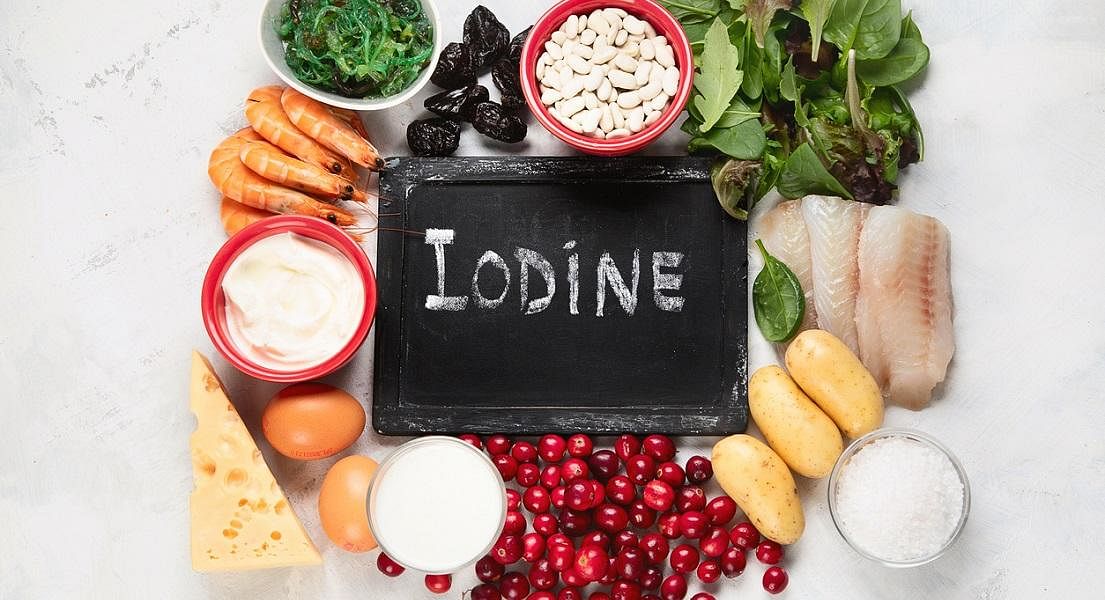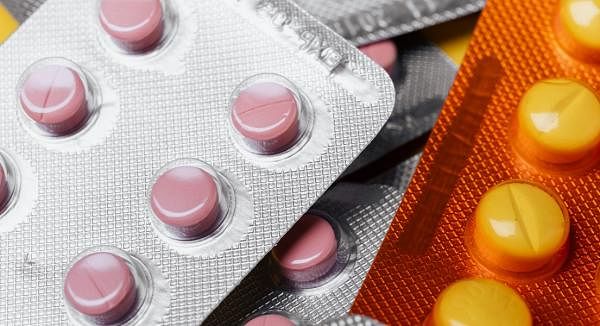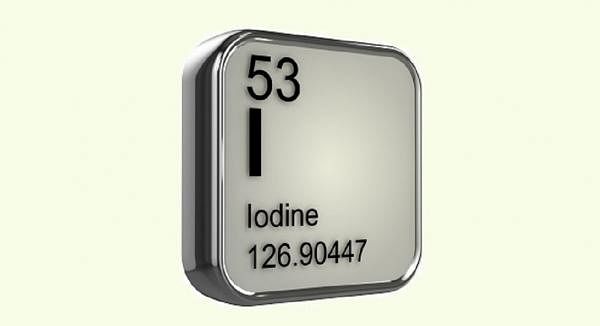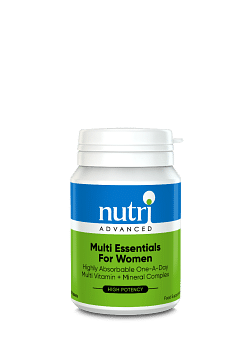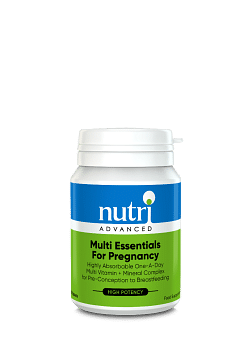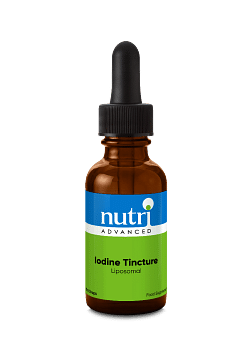The Essential Role of Iodine in Women’s Reproductive Health
Why you can trust Nutri Advanced Every article on our site is researched thoroughly by our team of highly qualified nutritionists. Find out more about our editorial process.
Beyond thyroid: the essential role of iodine in reproductive and breast health
Iodine is an important trace element and is largely provided by dairy and fish in our diets. Whilst most people consume adequate levels there are some groups who may struggle, for instance vegetarians or vegans, as they don’t tend to consume enough of the foods that are rich in iodine.
Iodine is widely known for its role in thyroid health, but iodine is also crucial for brain development as well as several aspects of female health. In fact, whilst three quarters of our iodine is found in the thyroid, the majority of the rest is found in breast tissue with some also found in other reproductive tissues. This makes it an important consideration for any woman’s nutrition plan.
Iodine and reproductive health
Studies show that as well as vegetarians and vegans, teenage girls and young women often don’t consume enough iodine. 1Women who are pregnant or breastfeeding have also been shown to be prone to iodine deficiency as requirements increase by 50% during pregnancy to support the growing child. Deficiency whilst pregnant has been shown to affect the baby’s brain development and even their IQ and reading ability in later life. 2 As well as this some initial research is showing that iodine may play an important role in optimal cellular function of reproductive tissues. One report even indicated that measuring sodium iodide symporters (which help iodine enter the cell) may be a good way of assessing fertility in the future3. Whilst further analysis is needed to see if this will be of use, all women should ensure that they are consuming enough iodine if they are of childbearing age.
Breast health and iodine
There have been numerous studies recently linking iodine to fibrocystic breast conditions and breast cancer risk. 4One possible mechanism of action is that it is thought iodine can reduce the sensitivity of cells to some of the effects of oestrogen, particularly breast cells, which can result in normalization of breast tissue. Studies have shown that supplementation with iodine in women with fibrocystic breast conditions can reduce symptoms5. There are also many studies that are starting to investigate iodine as a part of breast cancer therapies.
Supplementing iodine
For women of childbearing age or with breast health concerns, including iodine in their supplementation regime can be beneficial. Iodine can safely be given at doses of up to 600 micrograms (mcg) per day however, care should be taken for those with thyroid disorders as amounts above about 150mcg can be harmful to the thyroid tissue in those with thyroid inflammation or autoimmunity. It is recommended to test for antibodies in those with thyroid concerns before giving iodine.
References:
1. Bath, S.C., Combet, E., Scully, P. et al. A multi-centre pilot study of iodine status in UK schoolchildren, aged 8–10 years. Eur J Nutr 55, 2001–2009 (2016). https://doi.org/10.1007/s00394-015-1014-y
2. Nutrients. 2011 Feb; 3(2): 265–273. Published online 2011 Feb 18. doi: 10.3390/nu3020265
3. Bilal M, Y, Dambaeva S, Brownstein D, Kwak-Kim J, Gilman-Sachs A, Beaman K, D: Iodide Transporters in the Endometrium: A Potential Diagnostic Marker for Women with Recurrent Pregnancy Failures. Med Princ Pract 2020;29:412-421. doi: 10.1159/000508309
4. J Cancer. 2017; 8(2): 174–177. Published online 2017 Jan 13. doi: 10.7150/jca.17835
5. Ghent WR, Eskin BA, Low DA, Hill LP. Iodine replacement in fibrocystic disease of the breast. Can J Surg. 1993;36:453–460
This website and its content is copyright of Nutri Advanced ©. All rights reserved. See our terms & conditions for more detail.
Nutri Advanced has a thorough research process and for any references included, each source is scrutinised beforehand. We aim to use the highest value source where possible, referencing peer-reviewed journals and official guidelines in the first instance before alternatives. You can learn more about how we ensure our content is accurate at time of publication on our editorial policy.
Most Popular Articles
-
7 Surprising Ways To Support Your Magnesium
If you are displaying signs of a magnesium deficiency, here are 7 ways to boost your magnesium levels that are easy to incorporate into your daily life. -
5 Best Vitamin C Supplements Picked By Our Experts
Learn more about the different types of vitamin C, the different benefits you get from different types, and what you get for spending more on a good supplement. -
Top 5 Vitamins For Energy And Tiredness Picked By Our Experts
The 5 best and most important vitamins for energy & tiredness including B vitamin food sources & best supplement forms for energy. -
Benefits of Myo-Inositol for Polycystic Ovary Syndrome (PCOS)
In this research review article, we take a closer look at a lesser-known natural compound called myo-inositol that has been found to have significant potential to improve many of the prevalent features of PCOS. -
Top 10 Reasons to Give Your Kids Omega-3
Read the top 10 reasons that kids should have plenty of Omega-3- an essential fatty acid- including for depression, brain function, sleep & reading/maths skills.

